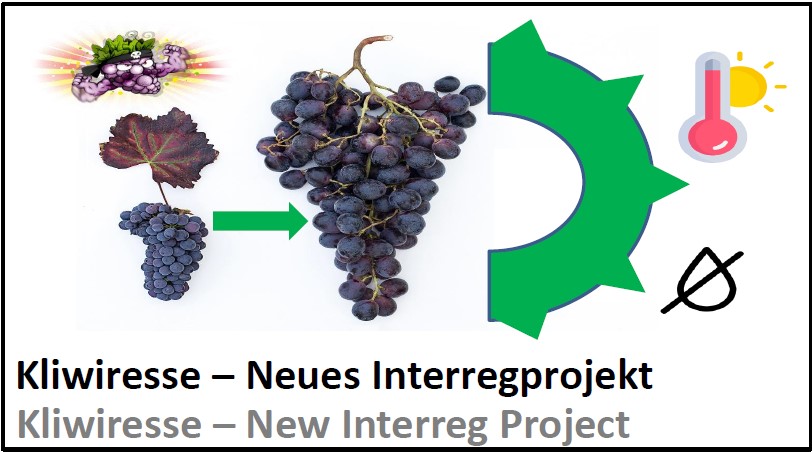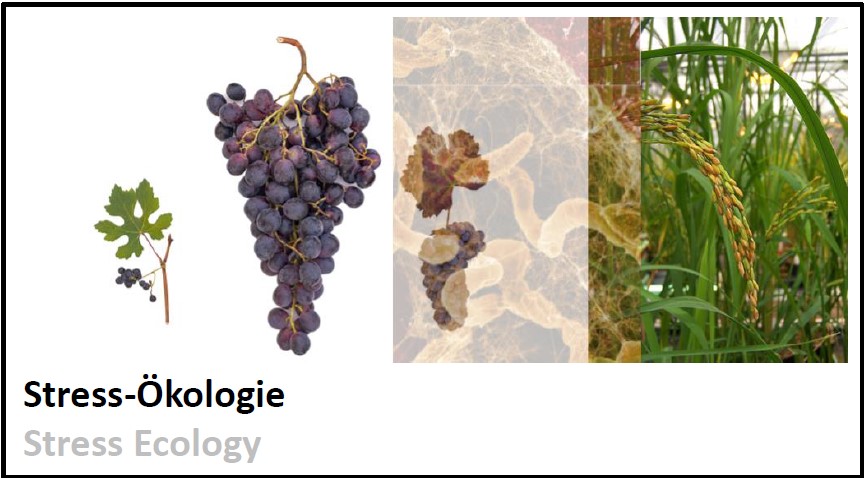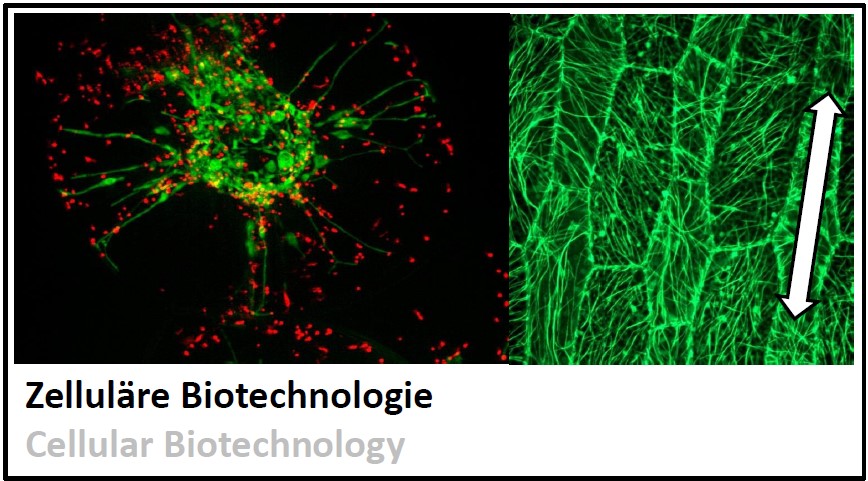 |
KliwiresseOctober 1, 2022 our new Interreg-Upper Rhine project Kliwiresse has been launched. A research net, coordinated by the Botanical Institute with partners from three countries in the region works to adapt viticulture to climate change. In many places, new vineyards can be laid down only with artificial irrigation, leading to conflicts with the supply of drinking water. We ask the ancestor of our grapevine, the almost extinct European Wild Grapevine, for help. Here, we search for genes that help to cope with heat, UV and drought stress, to cross them into cultivated grapevine. We will employ cutting edge technologies such as automised microscopy, non-targeted metabolomics, or double haploidisation. Goal are ´KliWi-Grapes (for Klima-Widerstandsfähig, climate resilient) that are supposed to continue the success story of the PiWi-Grapes (for Pilz-Widerstandsfähig, fungal resistant) that had also been developed in our region. At the same time, for the rootstock and fruit grapes relevant in our region, we will develop knowledge based predictors of their climate resilience, to help winegrowers to adapt to climate change by adjusting their selections. The project runs for three years and will cost 2.8 million €, whereby 1.6 million € will be covered by Interreg Upper Rhine. more about Kliwiresse
|
What are we searching for?
| Applied Biodiversity | Plant Stress | Cellular Biotechnology |
 |
 |
 |
| What is it about? Evolution is based on variable and sustainable solutions for the adversities of life. This diversity is endangered by humans. Our Group Applied Biodiversity tries to understand, protect, and exploit plant biodiversity. In the focus: Crop Wild Relatives. Here, we work on the exciting question, what the biological term "species" actually means. | What is it about? Plants cannot run away, they must adapt. They distinguish different stress types to respond appropriately. How can plants distinguish, how can they activate the appropriate mechanisms of adaptation? We do research for a sustainable agriculture of the future and therefore work with the crop plants Rice, Sorghum, and Grapevine. Our central target is the hormone jasmonic acid. | What is it about? Plants can generate an entire organism from any single cells. We can't do that. How is a crowd of cells organised into a new entity, how do individual cells sense their integrity. These scientific questions lead to applications - can we manipulate cells by "chemical Trojans" without violating their integrity, can we combine different cells in a microfluidic biofermenter into a technical organism to produce medically interesting compounds? |
| What we do: We develop novel ways to detect, authenticate, preserve and exploit biodiversity, for instance as resource for a sustainable agriculture. | What we do: We try to decode the way, how plants perceive stress and activate adaptation. | What we do: Can we understand, how an organism emerges from individual cells? Can we simulate and technically exploit this? |
|
Individual projects
|
Individual projects
more...
|
Individual projects
|
